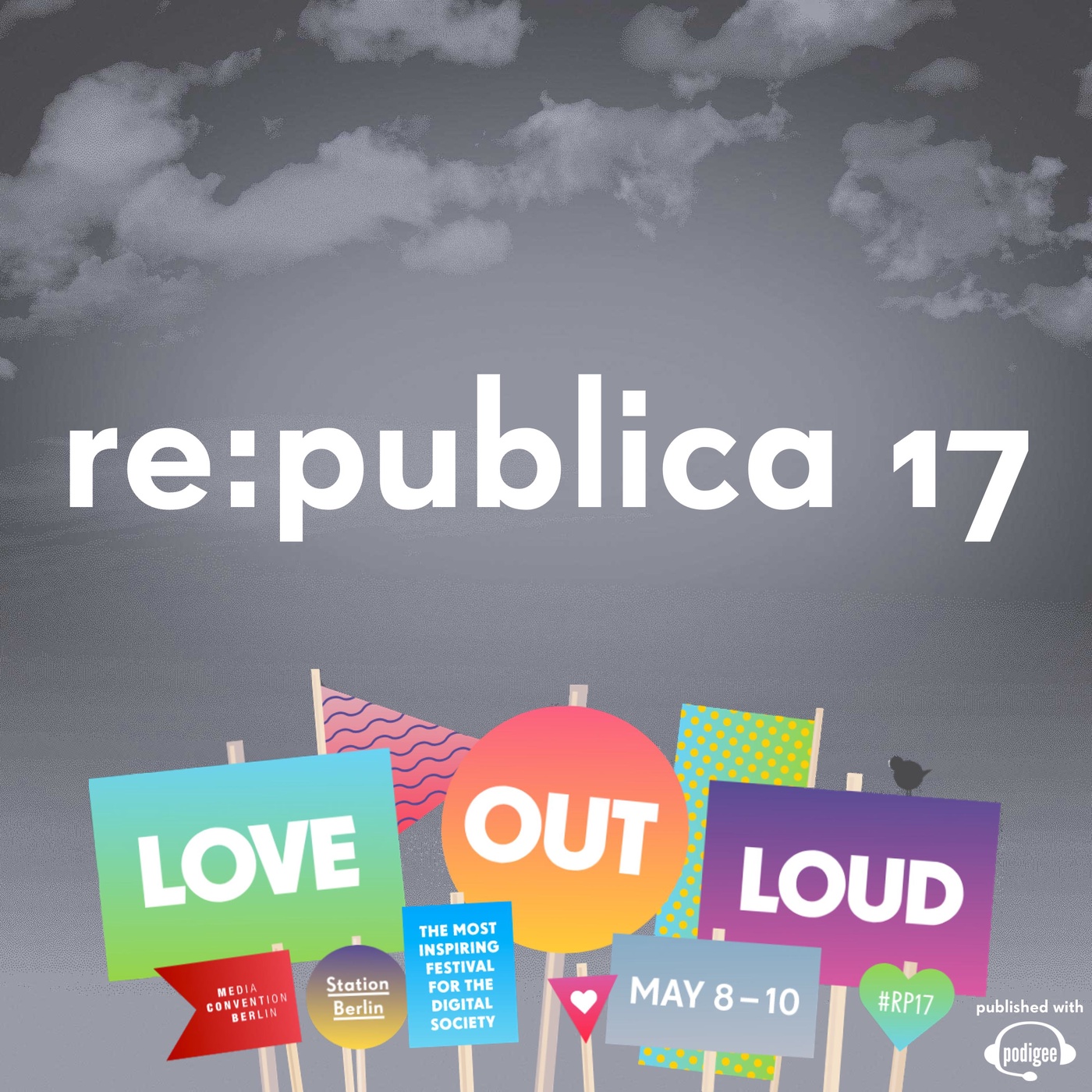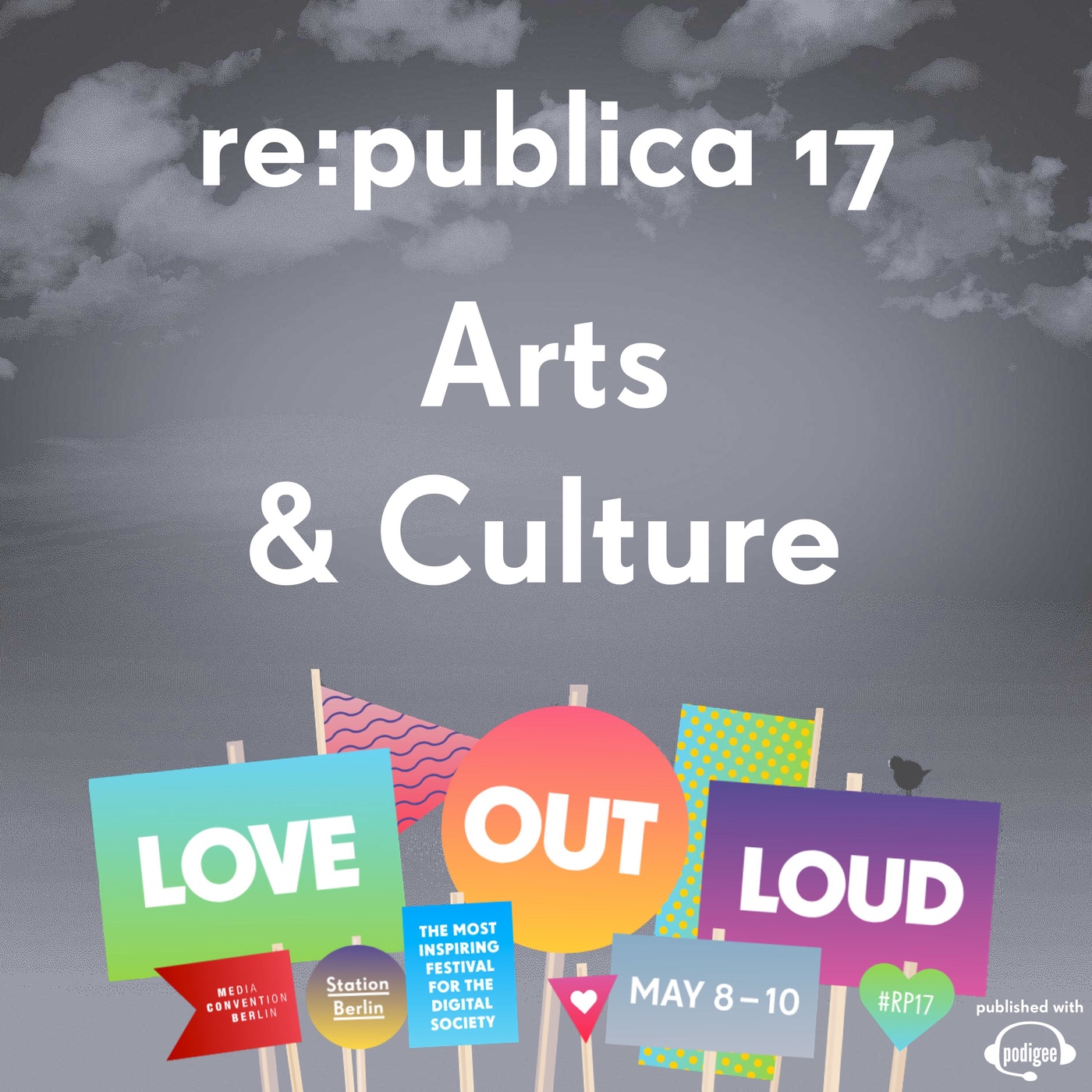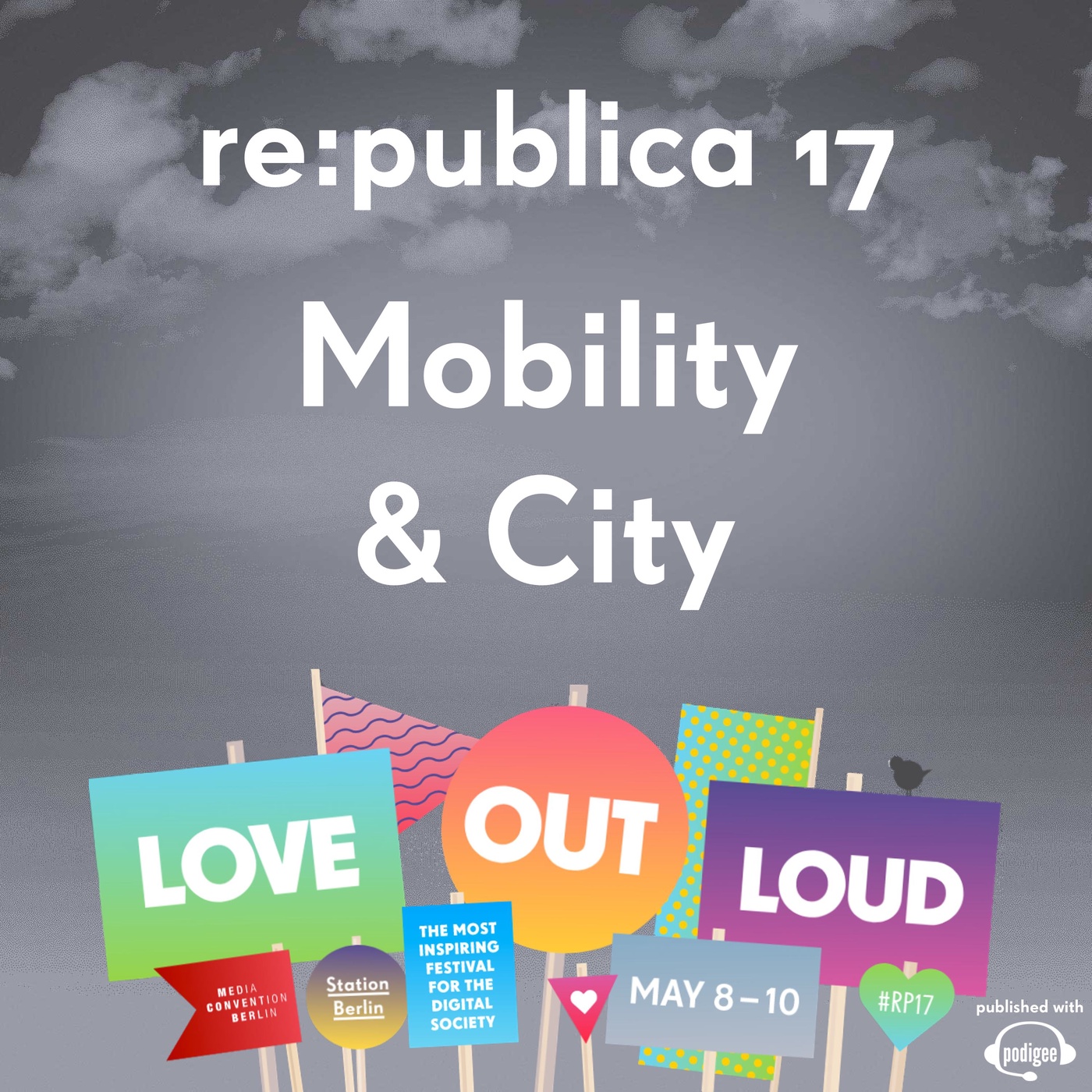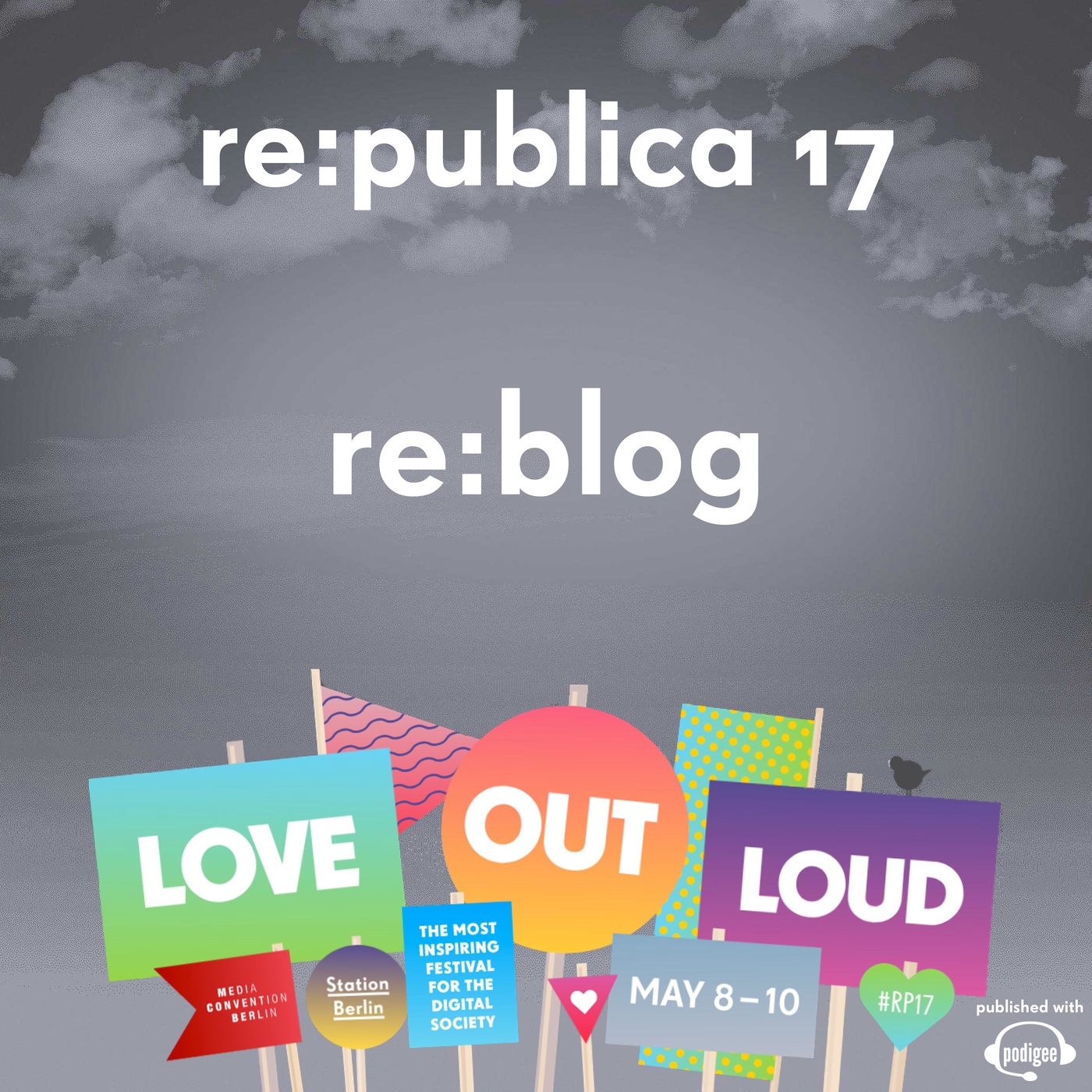
Closing Ceremony (de)
Johnny Haeusler, Tanja Haeusler, Markus Beckedahl, Andreas Gebhard

Closing Ceremony (en)
Johnny Haeusler, Tanja Haeusler, Markus Beckedahl, Andreas Gebhard

Scraping Art - Mapping the Neuland
Marlene Ronstedt, Ahmed Alsharif
Web scraping is a technique to algorithmically scavenge websites for information, images and videos. The place where this data harvest is taking part is the stack, or the internet. The Stack has become a new site of power, a transnational layer of control. Internet infrastructures allow for new modes of control which act outside of the realm of nation states. Due to its planetary scale infrastructure the Stack holds a governing function. Web scraping can be used as a tool to visualize the constantly changing present of this new territory or the “Neuland,” as Angela Merkel has called it.
The “Neuland” is more familiar to us than to conservative politicians beyond 50, but its constant way of updating itself and extending makes it a territory which can never be fully grasped. New technologies, new ways of encryption, faster chips render the old ones obsolete and constantly change the political playing field. The answer to the question of who governs and controls, who sits in the center of the panopticon changes with every new feature. The Internet is no longer an anarchist playground, but it is also still far away from being a unison virtual shopping mall. Scraping a fraction of it to expose its infrastructures shows us the messiness of online power struggles.
On the more technical side we will explain how we are using scrapers to get live data, streams and simulations. Here the dinosaur brain of a C programmer meets the simplicity of Python. We will talk about why giving up on the ego-shot you get doing everything yourself C-style is the way forward and how to hack your way into video streaming and using Selenium, an ugly solution rendered beautifully with Open GL.

A tale of two cities: comparing “smart city” approaches
Vanessa Thomas, Ding Wang
Marketing materials and business communications about the ‘smart city’ seem to be everywhere, to the point that ‘smart city’ rhetoric is verging on being an invasive species. But behind the scenes of the snazzy buzzwords and futuristic photos, many city governments are working to adopt, adapt, and implement new and existing digital systems to serve city residents best. In this presentation, we discuss research about public administration of smart city projects in Toronto, Canada, and London, England. We draw on publicly available documentation as well as interviews with key influencers of government strategies—including policy makers, academics, and private sector designers—to dissect how and why city administrators adopted and implemented “smart” technologies in their cities.
The presentation describes some of the organisational issues and policy challenges that can occur while deploying “smart” technologies. It highlights some of the complex material, infrastructural, political, social, and environmental challenges that have emerged thus far in London and Toronto’s smart city projects, and challenges some of the simplistic rhetoric about the benefits of “smart” cities and “smart” technologies. The presentation closes with a call for more open discussion of these nuanced issues between and amongst people, public sector employees, academics, and the private sector.

Geh sterben du F°tze (en)
Laura Sophie Dornheim
"Love out loud" ist ein großartiges Motto, aber online herrscht mittlerweile oft "Hate out loud". Gerade die priviligierten Menschen, unter ihnen viele weiße Männer, kennen Shitstorms oft nur vom Hörensagen oder Zusehen. Vielleicht gibt es sogar re:publica Besucher, die sich schon einmal an einem solchen beteiligt haben.
Zuviele Frauen, PoC, Muslime oder anderweitig Andersdenkende hingegen haben oft wöchentlich Hasslawinen in ihren sozialen Netzwerken, ihren Maileingängen und sogar dem physischen Briefkasten.
Dieser Talk gibt eine Gelegenheit, diesen "Wissensvorsprung" aufzuholen. 30 Minuten lang werden Hassbotschaften vorgelesen und über die Leinwand flackern, die einzelne Menschen erhalten haben. Die Zuhörenden sollen die Möglichkeit bekommen, selbst zu fühlen, was Opfer von Shitstorms fühlen.
Denn nur wer das Problem wirklich erkannt und in seinem vollen Ausmaß realisiert hat, kann erfolgreich dagegen ankämpfen. Dazu wird es abschließend ein paar kurze Handlungsempfehlungen geben.
Und das wollen wir am Ende doch, gemeinsam dafür sorgen, dass "Love out loud" das Internet dominiert!